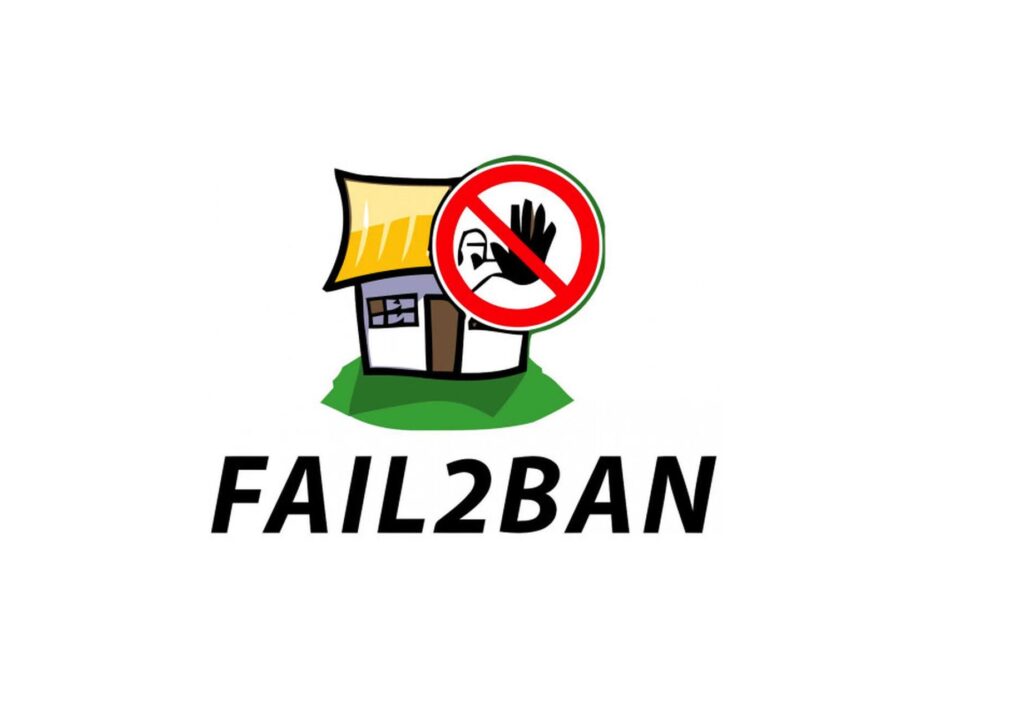Fail2Ban is a popular tool to protect servers against automated attacks, but you can also consider other alternatives depending on your needs or preferences. These alternatives usually use similar mechanisms to protect against malicious traffic. You can read more about Fail2Ban and its applications on the official blog post.

Introduction
Fail2Ban enhances server security by monitoring log files for malicious behavior and temporarily banning IP addresses that exhibit such behavior. However, every technology has its advantages and disadvantages depending on specific needs and preferences. For those seeking alternatives, it’s important to understand what other tools are available and how they might offer different benefits or trade-offs compared to Fail2Ban.
Why Consider Fail2Ban Alternatives?
While Fail2Ban is powerful, it may not meet all requirements in every scenario. For example, in some cases, users might prefer a tool with a more user-friendly interface, or one that uses fewer system resources. In other scenarios, administrators might need a solution that integrates better with specific services or provides more advanced features. Additionally, some users might seek an alternative due to compatibility issues or to address specific performance concerns that might arise in larger or more complex environments.
How to Use Them?
Fail2Ban alternatives typically follow a similar setup and configuration process: install the software, configure the services and log files you want to monitor, and create rules to identify malicious behavior. The core of these tools often involves defining patterns that indicate suspicious activities, configuring responses such as banning offending IP addresses, and maintaining logs of these actions. For most alternatives, this involves using package managers to install the software, followed by editing configuration files to tailor the tool to the specific needs of the server environment.
What Are Their Structures?
Fail2Ban alternatives generally include structures for:
- Monitoring: Observing server log files to detect potential security threats.
- Detection: Identifying malicious behaviors based on predefined patterns or rules.
- Blocking: Banning detected IP addresses that match suspicious patterns for a set duration or permanently.
- Notification: Sending alerts or notifications about security events, enabling administrators to respond quickly to potential issues.
Fail2Ban Alternatives
- CSF (ConfigServer Security & Firewall): A comprehensive security solution that offers both firewall and brute force attack prevention features. Like Fail2Ban, it can detect and block malicious activities. CSF provides a user-friendly interface that integrates well with popular web hosting control panels like cPanel and DirectAdmin, making it a preferred choice for many server administrators.
- DenyHosts: Specifically designed to detect and block attacks against the SSH service. It operates similarly to Fail2Ban but is considered a lighter solution. DenyHosts works by monitoring SSH log files and automatically blocking IP addresses that show repeated failed login attempts. This makes it an excellent choice for environments where SSH security is a primary concern, and resource efficiency is crucial.
- SSHGuard: Provides protection against malicious login attempts for SSH and similar services. Like Fail2Ban, it monitors log files to detect attacks and block IP addresses. SSHGuard is known for its simplicity and effectiveness, making it a great alternative for users who need a straightforward solution focused on SSH security. It integrates well with most Linux distributions and is easy to configure.
- iptables/ipset: Offers a lower-level approach and integrates directly with the Linux kernel. Users might need to manually block malicious IP addresses or write complex scripts. iptables, combined with ipset, allows administrators to create highly customized firewall rules and blocklists. This approach is ideal for advanced users who require full control over their security configurations and are comfortable with scripting and command-line tools.
- OSSEC: A comprehensive open-source host-based intrusion detection system (HIDS) that provides real-time monitoring, alerting, and active response capabilities. Unlike Fail2Ban, OSSEC offers a broader range of features, including file integrity monitoring, rootkit detection, and compliance auditing. It’s a powerful tool for organizations that need a more holistic security solution beyond just IP banning.
- pfSense: A free, open-source firewall and router software distribution based on FreeBSD. While primarily a firewall, pfSense includes features that can replace or complement Fail2Ban, such as intrusion detection and prevention systems (IDS/IPS) like Snort or Suricata. pfSense is an excellent choice for those who need a full-featured firewall with extensive security features that go beyond simple IP banning.
- BlockHosts: A lightweight alternative to Fail2Ban, designed specifically for blocking unwanted hosts. It is highly configurable and can be set up to monitor various log files, automatically blocking IPs that match specified patterns. BlockHosts is particularly useful in environments where resources are limited, and administrators need a simple, efficient way to block malicious traffic.
Why Is It Important?
Alternatives provide customizable security solutions tailored to different needs and preferences. This flexibility allows server administrators to adapt their security strategies according to their requirements. While Fail2Ban is effective, each of these alternatives offers unique features that may be more suitable for specific use cases. For example, CSF integrates seamlessly with cPanel, making it a better choice for web hosting environments, while OSSEC provides a more comprehensive security solution that includes intrusion detection and file integrity monitoring.
Conclusion
While Fail2Ban is an effective server protection tool, it may not be the best solution for every situation. Alternatives like CSF, DenyHosts, SSHGuard, iptables/ipset, OSSEC, pfSense, and BlockHosts offer variety for different scenarios and needs. Each has its advantages and disadvantages, so choosing the solution that best fits your needs is crucial. Exploring these alternatives can help you find the right balance between security, performance, and usability for your specific environment.




